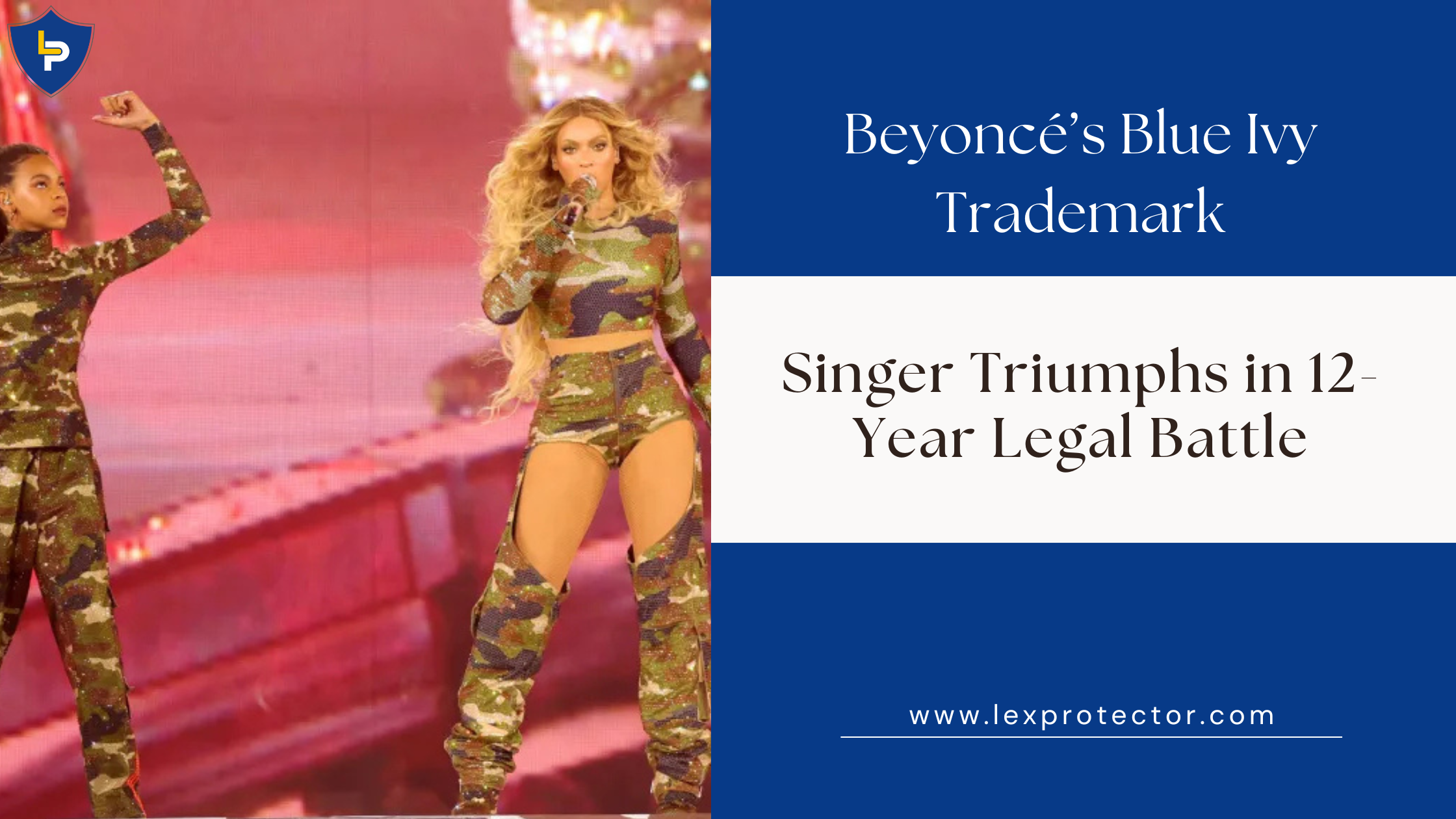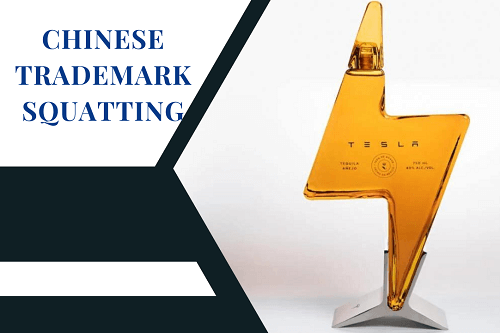Beyoncé’s Blue Ivy Trademark: Singer Triumphs in 12-Year Legal Battle

Beyoncé’s decade-long legal pursuit to trademark her daughter Blue Ivy’s name has finally come to a victorious conclusion. What began as a simple application in 2012 culminated in a landmark decision by the Trademark Trial and Appeal Board (TTAB). This case underscores the complexities of trademark registration and highlights the importance of securing intellectual property rights for personal and commercial purposes.
The Origins of the Battle
In 2012, shortly after the birth of her first child, Blue Ivy, Beyoncé, through her company BGK Trademark Holdings LLC, applied for the trademark “Blue Ivy” to protect her daughter’s name and prevent unauthorized use. However, the application faced immediate opposition from Veronica Morales, a wedding planner who had been operating her business, Blue Ivy Events, since 2009. Morales argued that her established business held prior rights to the name, making Beyoncé’s application invalid.
The legal dispute dragged on for years, with both sides presenting their cases. Morales contended that Beyoncé’s trademark would harm her brand and create confusion among consumers. However, the TTAB ruled in 2020 that the trademarks “Blue Ivy” and “Blue Ivy Events” were sufficiently distinct, dismissing Morales’ objections and clearing a significant hurdle for Beyoncé.
Challenges Along the Way
While the 2020 ruling was a major victory, it was not the end of the road for Beyoncé’s trademark registration. Her attorneys failed to finalize the application following the TTAB’s decision, leaving the process in limbo until it was revived in November 2023. This delay opened the door to additional challenges, including concerns raised by a Wisconsin boutique that owned a “Blue Ivy” logo since 2011.
The boutique’s concerns centered on the “confusingly similar” nature of the trademarks, further complicating the process. However, the boutique ultimately chose not to formally oppose Beyoncé’s filing, allowing her application to proceed. The TTAB reaffirmed its stance, emphasizing that there was no substantial evidence to suggest that consumers would confuse the two brands. This paved the way for the trademark’s progression.
The Final Steps
On December 31, 2023, the “Blue Ivy” trademark was officially published in the Trademark Official Gazette. This marked a crucial milestone, as it allowed any interested parties to file a notice of opposition by January 30, 2024. If no valid objections are raised within this period, Beyoncé’s attorneys will receive a Notice of Allowance, granting her the exclusive rights to the “Blue Ivy” trademark.
This decision caps off 12 years of persistent legal battles, during which Beyoncé faced opposition not only from the wedding planner but also from other entities claiming prior rights. Ultimately, Beyoncé’s determination paid off, securing the trademark for her daughter’s name. Her motivation for this pursuit is clear: to prevent others from profiting off her child’s name and to retain control over its use in commercial and personal contexts.
Implications of the Trademark
By obtaining the trademark, Beyoncé has set a precedent for other celebrities and individuals seeking to protect their personal brands. Trademark registration is not just a legal formality; it is a vital tool for safeguarding identity and ensuring exclusive rights. In this case, the trademark also extends to potential business ventures involving the “Blue Ivy” brand, reinforcing the importance of intellectual property in today’s digital age.
This victory also highlights the nuances of trademark disputes, especially when multiple parties claim prior usage. The “Blue Ivy” case underscores the need for thorough documentation, legal expertise, and persistence when pursuing trademark rights. Whether for a personal name, a business, or a logo, trademark registration is an essential step in building and protecting a brand.
Trademark Services for a Global Audience
For those inspired by Beyoncé’s story, it’s important to understand that trademark registration is not limited to celebrities. Businesses, entrepreneurs, and individuals can all benefit from securing trademarks to protect their intellectual property. Whether you’re starting a new venture or safeguarding an established brand, professional assistance can make the process smoother and more efficient.
If you’re considering trademark registration, services like UKTrademark.LexProtector.com offer a comprehensive solution. Their platform simplifies the process, providing instant, secure, and affordable trademark search and registration services in the UK. With expert guidance, you can navigate the complexities of trademark law and ensure your brand is protected against potential infringement.
Conclusion
Beyoncé’s 12-year journey to secure the “Blue Ivy” trademark serves as a compelling reminder of the importance of intellectual property rights. From facing opposition from a wedding planner to overcoming concerns from a Wisconsin boutique, her determination highlights the value of persistence and expert legal representation. For anyone looking to protect their brand, the “Blue Ivy” case is an inspiration and a testament to the power of trademark registration. To ensure your intellectual property remains secure, consider leveraging professional services like UKTrademark.LexProtector.com. Their expertise can help you protect your identity and build a lasting legacy in today’s competitive market.

